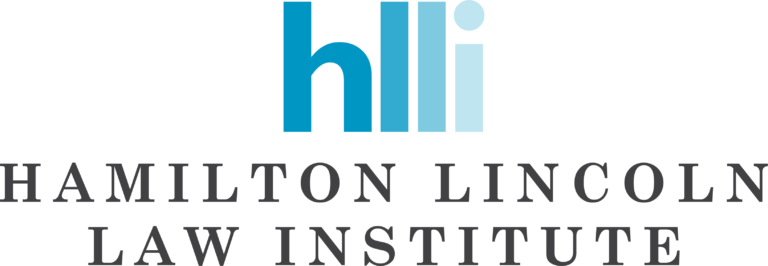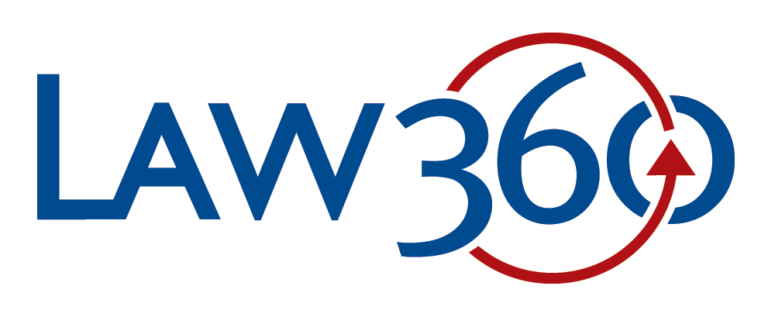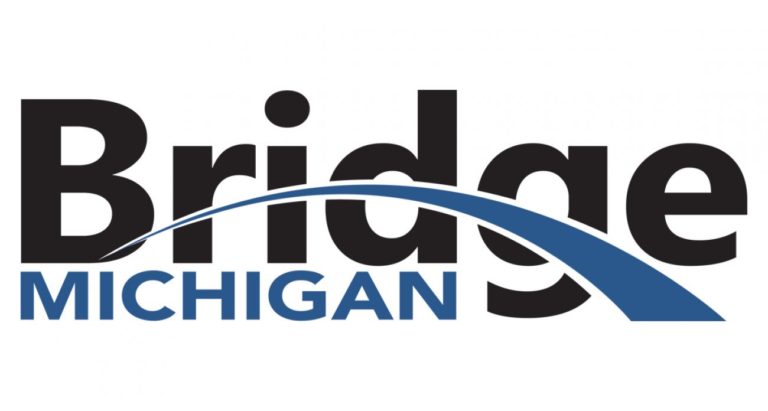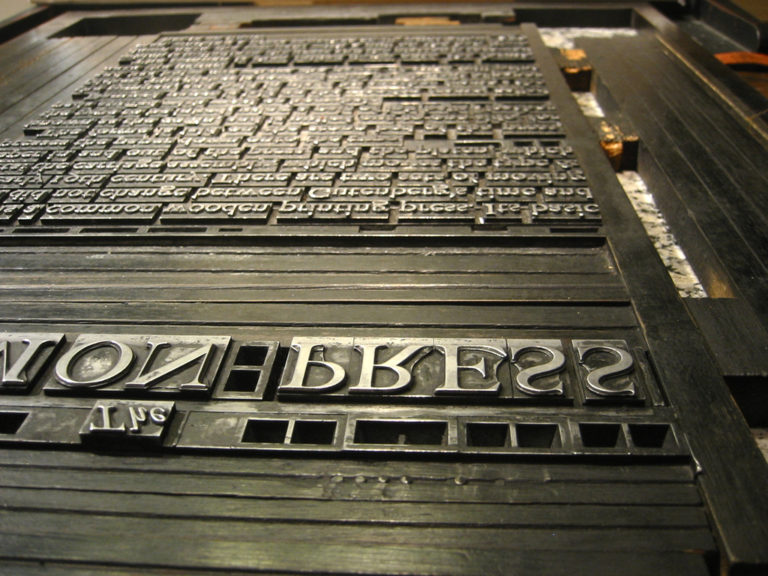HLLI opposes SEC rule mandating climate disclosures
HLLI submitted a comment letter requesting that the SEC withdraw its proposed rule on climate-related disclosures for investors as a dramatic overreach of the SEC’s authority and mission to protect investors.




